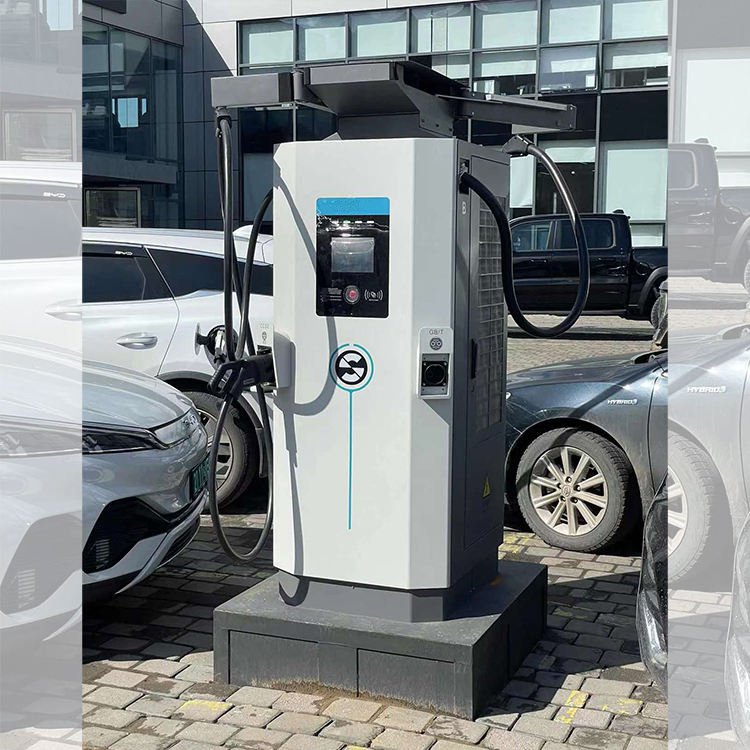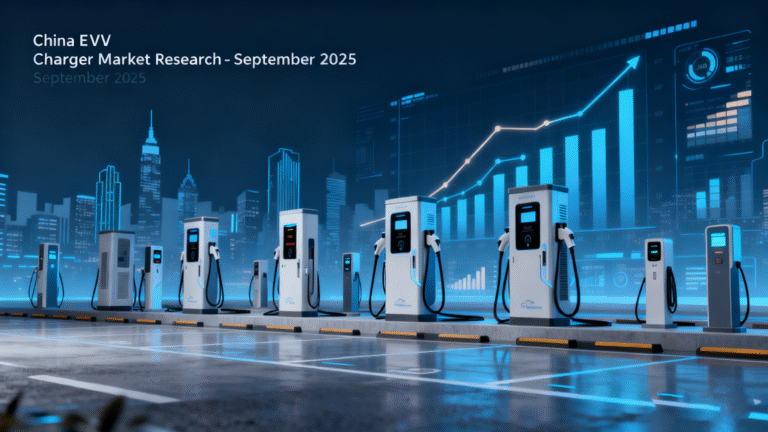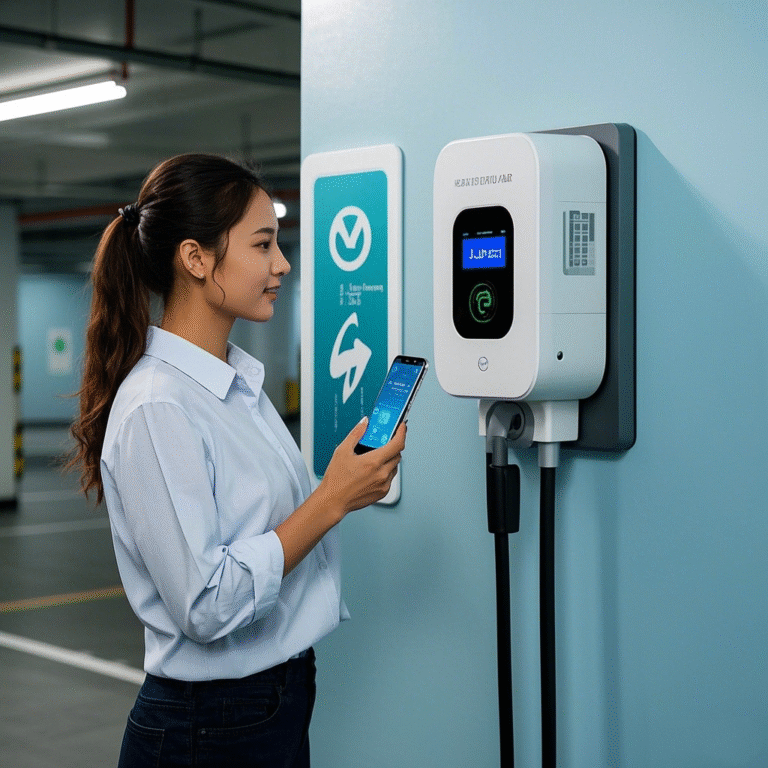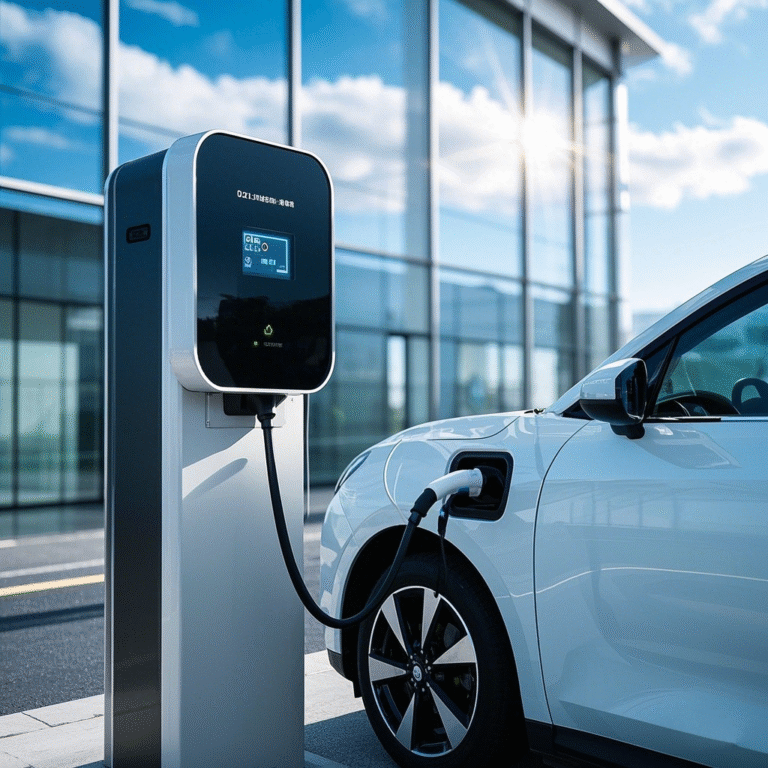The Diverse Market Applications of EV Charging Stations: Powering Mobility Across Sectors
As electric vehicles (EVs) transition from niche to mainstream, the EV charging industry is evolving into a multi-faceted ecosystem. Beyond standalone charging stations, the technology is now integrated into diverse sectors—from public transit to commercial real estate—transforming how we power mobility. This article explores key market applications of EV charging infrastructure, highlighting opportunities for B2B stakeholders in emerging regions like Southeast Asia, Latin America, and Africa.
1. Public Transportation: Electrifying Buses and Taxis
Public transit is a prime target for electrification due to its high emissions and centralized operations.
- Bus Fleets: Cities like Bangkok and Bogota are deploying DC fast chargers at transit depots to power electric buses. These chargers, often paired with rooftop solar panels, enable overnight charging for daily routes.
- Ride-Hailing Services: In Jakarta, Grab’s EV fleet relies on a network of fast chargers strategically placed near popular pickup zones, reducing downtime and operational costs.
2. Logistics and Last-Mile Delivery
The surge in e-commerce has driven demand for efficient, sustainable delivery fleets.
- DC Fast Chargers for Warehouses: Companies like Amazon and DHL are installing high-power chargers at distribution centers in Mexico and South Africa, allowing rapid turnaround for electric vans.
- Battery Swapping Solutions: In India, startups like Gogoro are partnering with logistics firms to swap depleted batteries in two minutes, addressing range limitations in dense urban areas.
3. Residential Charging: Empowering Homeowners
Home charging remains the backbone of EV adoption, even in emerging markets.
- AC Chargers for Single-Family Homes: In Brazil, residential AC chargers are often paired with solar panels, enabling cost-effective “green charging.”
- Apartment Complex Solutions: Property managers in Dubai and Kuala Lumpur are retrofitting parking garages with smart AC stations, offering tenants subscription-based charging services.
4. Commercial Real Estate: Enhancing Tenant Value
Shopping malls, hotels, and offices are leveraging charging infrastructure to attract eco-conscious customers.
- Destination Charging: Malls in Singapore and Chile’s Santiago include AC chargers as a premium amenity, often integrated with loyalty programs (e.g., free charging for mall members).
- Workplace Charging: Multinational corporations like Unilever are installing chargers at offices in Nigeria and Vietnam, aligning with sustainability goals and employee benefits.
5. Emergency and Off-Grid Power
Portable and mobile chargers are critical for remote areas and disaster response.
- Solar-Powered Portable Chargers: In rural Philippines and Kenya, NGOs use portable units to charge EVs and medical devices during grid outages.
- Military and Industrial Use: Russia’s Ministry of Defense is testing mobile DC chargers for electric military vehicles, ensuring operational flexibility in remote regions.
6. Tourism and Hospitality
EV charging infrastructure is becoming a competitive edge for resorts and eco-tourism destinations.
- Luxury Resorts: Maldives’ Conrad Maldives Rangali Island offers underwater charging stations for guests’ electric boats, combining sustainability with exclusivity.
- Eco-Tourism Routes: Costa Rica’s “Electric Tourism Corridor” connects national parks with solar-powered charging stations, promoting green travel.
7. Government and Municipal Partnerships
Governments are driving adoption through strategic investments and policy incentives.
- Streetlight Integration: Cities like Mexico City and Johannesburg are retrofitting streetlights with AC chargers, maximizing public space utilization.
- Grid-Resilient Solutions: In Egypt, the government is deploying fast chargers with battery storage to mitigate grid instability during peak hours.
Challenges and Solutions
While opportunities abound, market applications face hurdles:
- Grid Constraints: Microgrids and energy storage systems (e.g., Vietnam’s solar-powered stations) address power supply issues.
- Standardization Gaps: Regional bodies like ASEAN are aligning charging protocols to facilitate cross-border travel.
- Cost Barriers: Leasing models and public-private partnerships (PPPs) reduce upfront investment for SMEs.
Conclusion: A Charged Future for All Sectors
EV charging infrastructure is no longer confined to highways and gas stations—it is embedded in daily life across industries. From powering buses in Jakarta to enabling eco-tourism in Costa Rica, the technology is unlocking sustainable growth and innovation. For B2B stakeholders, the key lies in tailoring solutions to local needs: integrating with renewable energy in Africa, prioritizing fast charging for logistics in Latin America, and enhancing residential convenience in Southeast Asia.
By embracing these diverse applications, the industry can accelerate global decarbonization while creating new revenue streams. The future of mobility is electric—and it’s charging up every sector in its path.
Discover how our modular charging systems can meet the unique needs of your industry. Contact us to explore customized solutions for fleets, real estate, or public projects.







